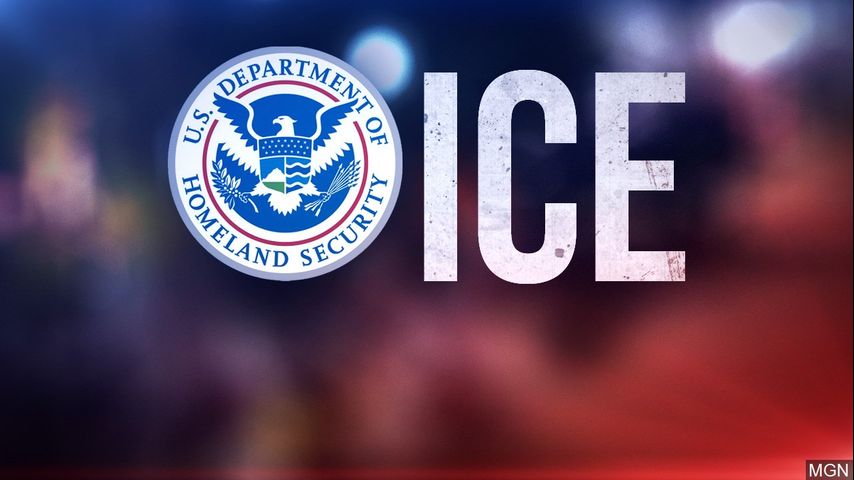Cuban Asylum-Seekers: Hunger Strikes Punished with Isolation
MILAN, N.M. (AP) - A dozen Cuban asylum-seekers detained in a New Mexico have twice been placed in solitary confinement for going on hunger strikes, two of the asylum-seekers said.
The pair said they and 10 others were punished for protesting their lengthy stay in prison and denial of their asylum cases, the Santa Fe New Mexican reports.
Juan Carlos Peña Pavon told the newspaper the men were put in isolation in two separate New Mexico facilities.
“We’re not criminals, but they just keep us locked up,” Peña Pavon, 51, said by telephone while detained at the privately run Cibola County Correctional Center shortly after he spent nine days in solitary confinement. “We’re threatened with death if we return to our country, so they’re going to have to bury us here, incinerate us here.”
Peña Pavon is part of a group of detained asylum-seekers that last month staged sit-ins at Otero County Processing Center in Chaparral, New Mexico. At least two people there attempted suicide.
Those reports sparked criticism from New Mexico Gov. Michelle Lujan Grisham, who demanded that ICE stop what she called “inhumane treatment” at facilities in the state.
After being put in solitary confinement for around a week at Otero, some of the protesters were separated and transferred to other federal detention centers in the state.
Leticia Zamarripa, a spokeswoman at Immigration and Customs Enforcement’s El Paso field office, said the agency fully respects the rights of all people to voice their opinion without interference.
“ICE does not retaliate in any way against hunger strikers. ICE explains the negative health effects of not eating to our detainees,” Zamarripa said. “For their health and safety, ICE closely monitors the food and water intake of those detainees identified as being on a hunger strike.”
Upon arrival at the Cibola facility, a group of 12 Cubans began a hunger strike, two of them said. In retaliation, prison officials again put them in solitary confinement, where they continued to refuse to eat, they said.
Peña Pavon said that if they aren’t released, they might attempt suicide if conditions don’t improve.
“We are all willing to do that,” he said. “If they don’t let us out of here, we’re going to die.”
Guards have also treated the Cubans poorly, including using insults and racist remarks, according to Peña Pavon and another Cuban detainee, Luis Miguel Valladares Oliva, who also said he was put in solitary confinement in both the Otero and Cibola facilities.
“They threaten us all the time - that they’re going to take us to the hole,” said Valladares Oliva, 30, using another term to describe solitary confinement. “But we’re professional, well-educated people.”
“They always treat us with racism,” Peña Pavon added. “In Otero, the guards were the most racist.”
Both Peña Pavon and Valladares Oliva said they fled their home country after being beaten and jailed by security forces for expressing opinions critical of the Cuban government.
The Otero facility is run by Management & Training Corp., a private contractor, while the private company CoreCivic manages the Cibola center.
Issa Arnita, a spokesman for the Centerville, Utah-based Management & Training Corp., said the use of solitary confinement at its facilities is rare.
“They are used as a last resort to protect the safety of detainees, and we follow ICE’s strict policies regarding the use of these housing areas,” Arnita said in a statement. “MTC staff are trained to treat those in our care with respect and dignity. We do not tolerate any staff misconduct.”
Brandon Bissell, a spokesman for the Nashville-Tennessee-based CoreCivic said, the claim that detainees were placed in the restrictive housing unit is not accurate.
“The detainees as a group were placed in a separate housing unit in order for staff to monitor their meal consumption and medical needs,” Bissell said.
There is a robust grievance process available to all detainees that provides multiple avenues for concerns to be raised, including toll-free telephone numbers, he said.




